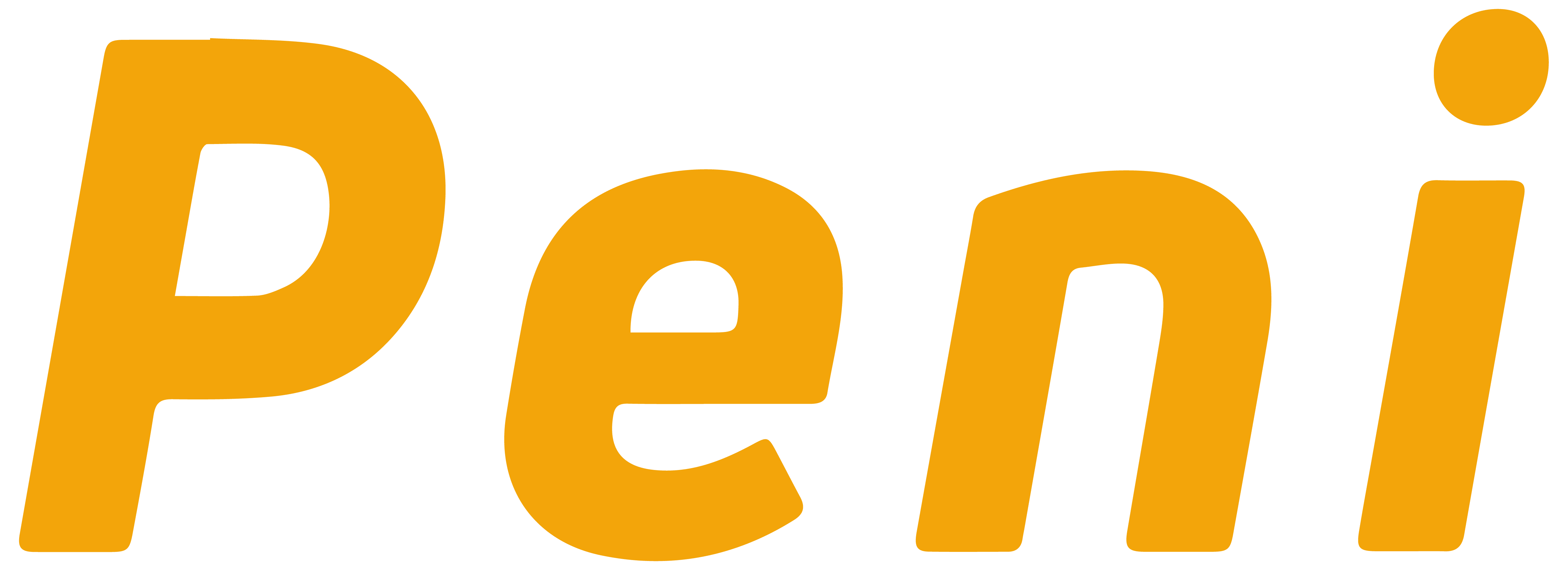Retirement planning for the future is essential to ensure financial security in later life. There are many factors to consider when creating a retirement plan and it can be difficult to know where to start. This guide provides comprehensive information on retirement planning, including what you should expect when you retire and the resources and tools available to help make your retirement plan successful.
Retirement planning in today’s economy
Retirement planning can be a daunting task in today’s economic landscape. With economic instability becoming the new norm, it is essential to find creative solutions that maximize your savings and investments for retirement.
Having a diversified retirement portfolio of investments is one of the most reliable strategies for financial security. However, economy-proofing your retirement plans requires careful consideration of expert financial advice and ongoing monitoring of market trends.
What to expect when you retire
Retirement can be both an exciting and daunting time for many. It’s a new beginning, with more time to do the things you love, but with that comes the need to manage your finances well. While regulations may change from one government to another, there are savings and investments you can use for retirement income.
Depending on your profession, there may also be government pensions or additional benefits provided by your employer, which will help you secure a comfortable retirement lifestyle. One key piece of advice is to remain active mentally and physically so you can enjoy this new phase of life easily – something many retirees may find enjoyable!
Retirement planning for singles
As a single person, this can be a daunting task, yet it is essential to any individual’s financial security and peace of mind. With no partner to rely on in later years, it is up to you to ensure you have saved enough money to maintain your desired lifestyle when you retire.
This often requires budgeting and saving to have enough resources available when ready to hang up your hat. Getting started early is key; investing at least 10% of every paycheck into a retirement account has been demonstrated as one of the quickest ways to achieve a comfortable retirement.
Retirement planning for couples
Spending your golden years together can be a dream come true for couples, but planning carefully is key to making it a reality. Retirement planning for two isn’t just about maximizing the income of each partner; it’s also about preparing as a couple and deciding what lifestyle or things you want to accomplish after retirement.
Having conversations during your working years doesn’t guarantee that you’ll both have enough financial resources and will easily reach retirement. Considering yourselves as two financially independent individuals with one shared goal helps you make sound decisions on how much to save and what age to retire.
Retirement planning for couples should also involve legal considerations, such as wills and benefits for a surviving partner so that each can prepare for what happens when one of you passes on. It may be an uncomfortable topic, but giving it thought early on ensures your future wishes are met.
Retirement planning for families with children
Financial planning for retirement is an important step in ensuring a secure future, especially for families with children. It’s never too early to start thinking about retirement, and parents should consider current needs while investing in their family’s long-term financial health.
Factors such as college savings plans, life insurance policies, creating a budget for everyday expenses, and emergency funds can help manage the current obligations of a family while also creating a foundation for comfortable retirement years.
Retirement planning for self-employed or small business owners
Creating a successful plan for retirement can be challenging for self-employed or small business owners, who may not have access to the same range of options as their mainstream counterparts. But with a little extra effort and consideration, it is definitely possible to build an effective safety net before you hang up your boots.
Consider setting aside money regularly into tax-advantaged accounts like NSSF or other retirement plans; the more you save, the greater your future financial security. Secondly, aim to diversify your savings portfolio across different investments; this will reduce risk and overall volatility.
Lastly, consider what tax benefits may be available; this could provide further incentives to save and make funds go further.
Retirement planning for stay-at-home parents
Retirement planning for stay-at-home parents is not always top of mind, but it’s important! As the traditional breadwinner retires, stay-at-home parents may be left without income and savings to support their retirement.
It’s essential to start now – learn about income sources and other options that can help make sure the entire family has a comfortable retirement.
Retirement planning for those nearing retirement
For those nearing retirement, planning ahead is essential to ensuring that you have the lifestyle you’ve been dreaming of. Time is of the essence, and several steps should be taken to ensure adequate retirement savings.
Start by crunching the numbers so you know exactly how much money you need to save each month to reach your goals. Make sure to factor in potential medical costs along with other expenses. It’s also important to review your existing investments for any tax implications and take advantage of all available retirement income streams, such as NSSF benefits and annuities.
Retirement planning resources and tools
When constructing your retirement plan, there are a few key things to consider. Review your current financial state, long-term goals, lifestyle wants and needs, and the perfect age you want to retire.
With this information in hand, you can take a dive into the available resources and tools to help you get the most out of your retirement plan. Depending on your finances, government programs like NSSF and RBA are one of the more conventional options.
Suppose you are looking for resources to guide you. In that case, some include professional experts such as Certified Financial Planners or Retirement Plan Advisors who can provide detailed advice on developing the best strategies for your retirement goals.
Retirement planning mistakes to avoid
With retirement planning, it’s important to remember that mistakes will be made along the way. However, knowing what common mistakes to look out for can save you a lot of trouble.
One mistake to avoid is not saving enough every month: even small amounts can add up over time and make a considerable difference. Another pitfall is underestimating one’s life expectancy; many people overestimate their own mortality and fail to save sufficiently for their later years. Another misstep to watch out for is being overly aggressive with investments; this can lead to loss of capital and increase risk exposure unnecessarily.
Retirement Investing
Investing is your best bet if you’re close to retirement age and wondering how to save for it. Retirement investments can take many forms, from stocks and bonds to annuities and mutual funds.
Knowing exactly which type of investment is right for you can be tricky, so consulting with a financial advisor may be the way to go.
Stocks and mutual funds
Stocks and mutual funds are two of the most popular retirement investing options. Stocks offer a greater potential for return, while mutual funds offer a more diminutive risk because they are made up of multiple stocks.
Investing in mutual funds is advised for those looking to retire soon or want the minimal risk. Those with greater flexibility and higher risk tolerance can benefit from diversifying their retirement portfolios with both stocks and mutual funds.
Real Estate
If you’re looking for a sound retirement investment strategy, consider the benefits of investing in real estate. It can provide passive income for life with consistent cash flow and appreciation opportunities.
You’ll also benefit from tax advantages like deductions on mortgage interest and depreciation benefits. Unlike stocks or bonds, real estate is relatively low-risk due to its physical nature.
Gold or Silver
If you’re considering investing in gold or silver for your retirement portfolio, you have a big decision on your hands. Both metals offer plenty of financial security, with gold being one of the most stable assets traditionally and silver currently experiencing a booming market.
When it comes to choosing which metal is right for your retirement strategy, it’s important to understand the difference in pricing volatility and value potential before digging deeper into each option. Silver tends to be more volatile than gold but makes up for it by offering higher growth prospects. Gold, while less volatile, can also provide a safe-haven return during economic downturns.
Private equity funds or venture capital firms
Due to the professional nature of private equity investments, they can be a great option for those wanting to get help with their investments while staying in control. When it comes to these kinds of investments, you can make a great return on investment and create a far more financially secure retirement than if you’d stick with traditional methods.


